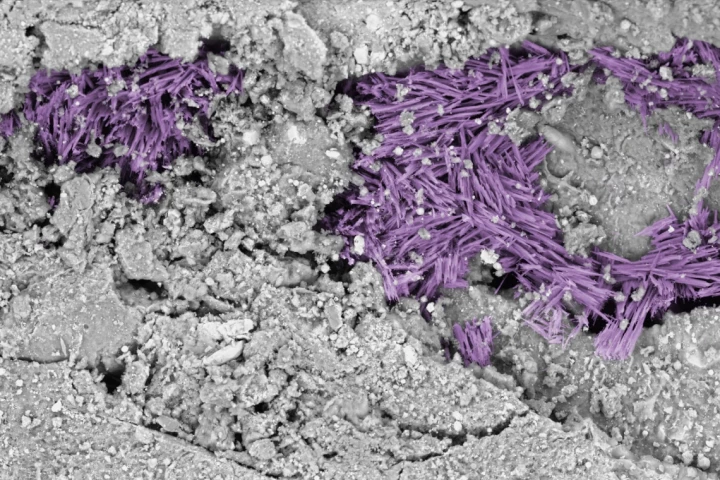Extraterrestrial
-
Finding alien life won’t be a flying saucer landing at the White House – NASA scientists will hold a press conference to excitedly show off a chart that’s incomprehensible to most people. Now we’re a step closer to that boring but groundbreaking day.
-
Asteroid Bennu seems to have come from a long-lost world on the fringes of the solar system, where saltwater pooled and dried over thousands of years and life’s basic ingredients were widespread.
-
It’s not just the Mulders of the world watching the skies anymore – the Scullys are getting involved. The US Department of Defense (DoD) has released its latest report on UFOs, with some intriguing stats and stories.
-
Aliens might be able to detect us from the radio signals we beam to Mars to control our rovers there. Astronomers have now listened in on the nearby TRAPPIST-1 system to check whether aliens are chattering between their own neighboring planets.
-
Everybody from NASA to David Bowie has wondered if there’s life on Mars – and now we might have a precise place to look for it. A new Caltech study has shown that photosynthetic microbes could thrive in a small habitable zone beneath the ice.
-
Venus may be a hellscape, but there’s a chance some forms of life could evolve there. A new MIT study has now found that the building blocks of life are surprisingly stable in highly concentrated sulfuric acid – which Venus’ clouds are made of.
-
We might find alien life as soon as 2030, suggests a new study. A lab experiment has shown instruments on a spacecraft headed to one of the most promising worlds to find life are sensitive enough to detect a single living cell in a single ice grain.
-
UFOs are having a renaissance lately, moving beyond the tinfoil-hatted crowd and into the realm of serious government investigation. Now a study has analyzed the geography of almost 100,000 sightings and found a few clues about how they cluster.
-
Look at the development of Earth-bound tech and you'll find fire at the heart of it, says a duo of researchers. And what does fire need to burn? Oxygen, whose chemical signature could provide clues to technological societies on worlds beyond our own.
-
Researchers from MIT and the University of Birmingham (UB) believe that they've cracked the formula for detecting habitable planets using currently available technology. It all has to do with an exoplanet's levels of carbon dioxide and ozone.
-
From where “love” is felt in the body, to the scientific value of giant piles of bird poop, and talking to whales as practice for understanding aliens, here are the top 10 weirdest science stories of 2023.
-
Meeting aliens rarely goes well for humanity in movies. Scientists have been practicing by trying to chat to whales in their own language – and judging by early results, we should probably beef up security around the Eiffel Tower and the White House.
Load More











